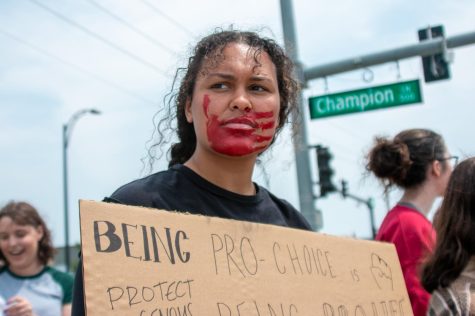The Origin of Free State’s name
An explanation behind the history of the high school
| Once the center of Kansas’s anti-slavery movement, Lawrence now honors its history through Free State High School’s namesake.
The movement in Lawrence is separated from other anti-slavery movements, due to the advocation for the immediate end of nationwide slavery. The Kansas-Nebraska Act of 1854 allowed for an extension of slavery into western lands. Following the Congresses decision, Kansas legislative elections were held in March 1855 determining the territory a free state. “Lawrence quickly emerged as the symbolic free state capital of Kansas,” according to Watkins Museum. One hundred fifty years after the Kansas-Nebraska Act, the bond issue for Free State highschool was accepted and funded. The namesake represents a historical event that was fought for locally. “It’s a perfect fit for Lawrence, Kansas of all places,” said Social Studies teacher Jeffrey Haas. Within the school race relations are focused on throughout many classrooms. Haas teaches both AP Government & Politics and U.S. History. In both classes, he incorporates black history in every unit. “The issue of race relations in America is just intertwined in every era,” said Haas. Social studies teacher Blake Swenson makes sure to educate his classes on Free State’s origin. Specifically focusing on local history in his African American History class. He hopes that students are aware of the namesake’s meaning, and representation. “It’s extremely important to think about black history and how Lawrence was at the center of national controversy,” said Swenson. Behind the school’s name lies years of determined abolitionist action, representing a dogma for civil rights, and equality. |










